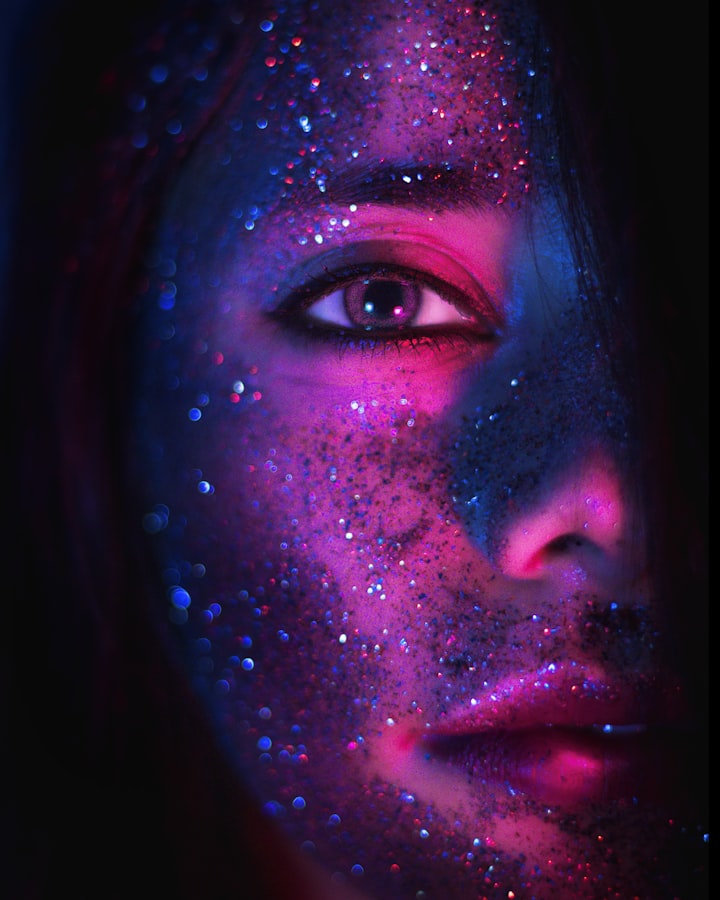Overland to India
Memoir of global wandering as a teen

We stood around a plaza in Delhi, India, near a post office or visa office, some sort of public building with space out front where young travelers gathered. The details blur. What remains in razor-sharp focus is how my eighteen-year-old self felt when I saw her; brutally smug.
She was probably in her early thirties an age I dismissed as too old to be wandering aimlessly around Asia like a lost flower child. She wore a long skirt, one of those woodblock print styles sold at street markets in India but also, by the mid-1970s, at every suburban mall. Stacks of silver bracelets clanked on her wrists. Around her neck hung several strings of glass beads. Her skin appeared sallow skin, her hair wild and in need of a wash. Young men far outnumbered women on the road, and she did not go unnoticed. I stood and watched her drift from one group to the next like a dandelion seed on a breeze. I couldn’t hear what she said, but I saw how each man shook his head no.
Was she asking for directions? For money? A few days earlier, a young German couple stopped my boyfriend and me with a sob story about needing a ticket home for a family emergency and we were pulling out cash when a passerby warned us they were known heroin addicts. The aging hippie chick had a similar gaunt, unkempt appearance. As she approached our huddle, I whispered to others that she probably needed a fix.
“No,” said one guy, “that’s Mary.”
“You know her?”
“I’ve run into her a couple times on the road,” he said. “But I heard about her long before I met her.”
I expected to hear a tale of a legendary lover, an earth goddess, one of those Stevie Nicks types who enchanted everyone around campfires with her siren voice. But no. According to this guy, Mary and her husband drove overland from England to India with their two young children. Bandits stopped them on the Khyber Pass in Afghanistan.
“They shot her husband, raped and beat her and left her for dead,” he said.
A bus driver found her wandering on the side of the road the next day, hysterical. She led police to her husband’s body. There was no sign of the kids. Mary couldn’t go back to England. She hadn’t yet told her own parents about the tragedy. They had made clear they thought the overland trip foolish and dangerous. Mary could not go back.
“There’s nothing left for her,” he said.
Stunned, I stared silently at the ground, ashamed at how flippantly I’d judged the woman. I was such a jerk. When would I learn to just shut the hell up? I couldn’t imagine the pain Mary had endured, couldn’t fathom the grief and guilt dragging its claws into her.
As she neared us that day on the street, my companion greeted her by name, asked how she was doing. I saw the hollow stare of her eyes. She saw that I saw and turned away and wandered off to ask others what she asked everyone she met.
Have you seen my children?
The summer of 1974, I graduated from high school, turned eighteen and, with money earned at the mall, bought a ticket to Switzerland. I said goodbye to my parents in the driveway. The next time I saw them, I was twenty-one years old, a legal adult, and grown up in ways they couldn’t imagine.
I was raised in a comfortable, blue collar, suburban neighborhood of Minneapolis. The dads on my block worked as roofers, brick layers, and gas meter readers. The mothers were homemakers. The only people I knew who’d been overseas were in the military. Some of them didn’t come back.
Two girls I knew in high school got pregnant and married before graduation. A third sat across the aisle from me in a psychology class crocheting loopy, pink-and-blue, baby booties for her “hope chest.” Graduation plans, or lack of plans, were shaping our futures. A couple of my friends enlisted in the armed forces. Some looked for full-time jobs. A few applied for college. Others figured they’d live at home, get part time jobs, and take classes at the community college or university.
I didn’t know what I wanted other than out.
Tens of thousands of young travelers took to the road around that same time. We came from the Americas, Europe, Australia, South Africa and at least one from Dutch Indonesia, who’d learned English by reading Shakespeare, and so spoke fancy with “thous” and “thys” and “wherefore arts.”
Some had plans. Many, like me, had none. We left family and homelands and traditions to leap blindly, and sometimes too eagerly, into the unknown. We were outsiders, restless wanderers. We were seekers. I couldn’t fully articulate what I was looking for at the time, but I was convinced of its existence, and that I would make my discovery on the road.
We formed a tribe of international nomads. We shared meals and loves and secrets. We crossed invisible borders and cultural boundaries, prayed to unfamiliar gods, created new rites and rituals. We were strangers linked only in our desire to seek something indefinable, something unattainable — something more.
Along the road I met swamis and swindlers, oddballs and outlaws, free spirits and freeloaders. It wasn’t until decades later that I could begin to appreciate how each person, every strange place and fantastic encounter, left its imprint on me as sure as the inky visas stamped in my battered passport, fading with each passing year.
About the Creator
Vivian R McInerny
A former daily newspaper journalist, now an independent writer of essays & fiction published in several lit anthologies. The Whole Hole Story children's book was published by Versify Houghton Mifflin Harcourt, 2021. More are forthcoming.






Comments
There are no comments for this story
Be the first to respond and start the conversation.